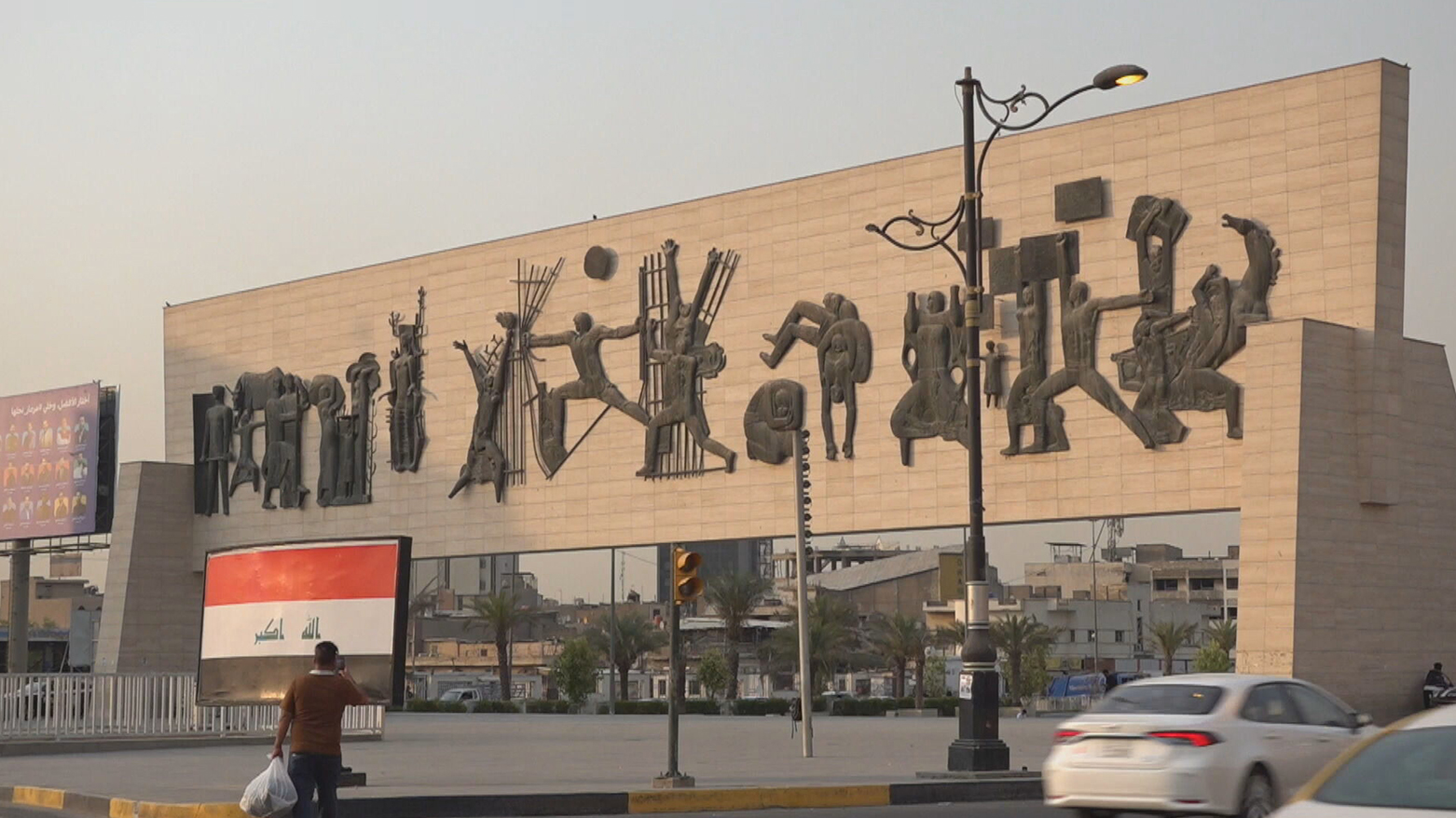Iraq Condemns Russian Ambassador's Call for Iraqi Youth to Fight in Ukraine
The crisis erupted on October 17 when Ambassador Kutrashev made the suggestion, which he claimed was based on a belief that "thousands of Iraqis would join the Russian army if given the opportunity."

ERBIL (Kurdistan24) – Iraq is facing a diplomatic and political firestorm following controversial remarks by the Russian Ambassador, Elbrus Kutrashev, who suggested that Iraqi youth could participate in Russia’s war against Ukraine, drawing widespread condemnation and highlighting deep-seated frustrations with foreign influence in the country.
The crisis erupted on October 17 when Ambassador Kutrashev made the suggestion, which he claimed was based on a belief that "thousands of Iraqis would join the Russian army if given the opportunity."
The comments have been met with fury from officials and civil society groups. The Iraqi Observatory for Human Rights (IOHR) led the criticism, labeling the statement a clear violation of international law and Iraqi sovereignty.
"Kutrashev's promotion of such an idea is a violation of Iraqi sovereignty and international law," said Mustafa Saadoun, director of the IOHR. "International law prohibits the conscription of civilians in armed conflicts."
Exploiting Poverty and Undermining Sovereignty
Analysts argue the ambassador's remarks were a calculated attempt to exploit Iraq's severe economic challenges. With a national poverty rate exceeding 27%—and surpassing 40% in some southern provinces—the offer was seen as an immoral lure for desperate young Iraqis.
"When Kutrashev claims that thousands of Iraqis would join the Russian army... it signals a dangerous intent to exploit unemployment and poverty," Saadoun added. "This is an immoral attempt to manipulate both the economy and humanity."
Public outrage is compounded by a sense of bitter irony. Just days before his recruitment remarks, Ambassador Kutrashev had publicly criticized the Iraqi government as "weak in the face of foreign countries and forces." He emphasized that Iraq "must not allow its sovereignty to be violated" and "should protect its citizens from being drawn into a major regional war."
This apparent contradiction has incited anger not only toward Russia but also toward the Iraqi government, which many see as failing to protect the nation's dignity and sovereignty from such overt foreign interference.
A Nation Weary of Conflict
The incident touches a raw nerve in a country still healing from decades of conflict, including the Iran-Iraq War, the Gulf Wars, and the more recent battle against ISIS. The people of Iraq have repeatedly expressed a fervent desire to avoid being drawn into new regional or international conflicts.
The IOHR's Saadoun concluded that the ultimate responsibility lies with the Iraqi government. "The root of such statements lies with the Iraqi government itself, which has opened the door to various forms of suffering for its citizens, allowing foreign nations to trade in their dignity and honor."
Since the 2003 U.S.-led invasion, Iraq has struggled to maintain full sovereignty, navigating complex relationships with the United States, Iran, and other regional powers. Various militias, some backed by foreign states, operate within its borders, further complicating state control.
The accusation of a "weak" government is a common criticism in Iraqi politics. The state often finds itself balancing competing internal factions and powerful external allies, making it difficult to pursue a fully independent foreign policy.
Years of war, corruption, and economic instability have left many Iraqis, particularly youth, in dire financial straits. This makes them potentially vulnerable to offers of employment as foreign fighters, a dynamic that human rights groups fear is being deliberately targeted.